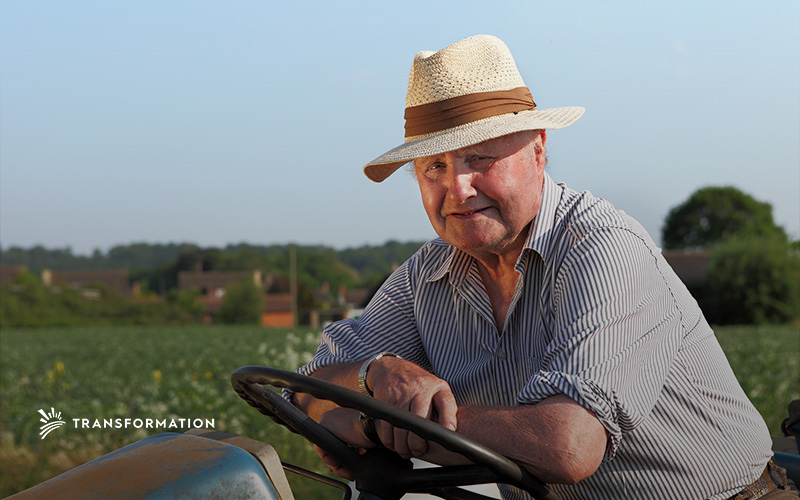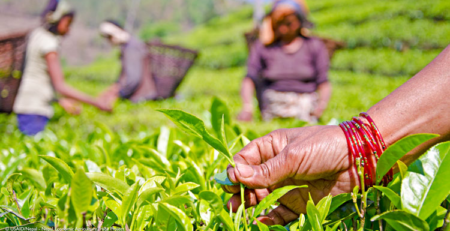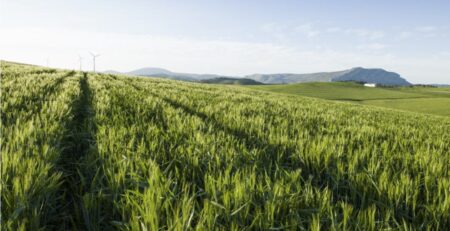Smallholder Farmers: An Essential Driver of Impact Investing in the Food and Agriculture Sector
As the global supply chain slumps under the pressures of global conflict and a slow emergence from the pandemic, investing in agriculture is critical to protecting global food security in the years to come. This article will describe one sector of global agricultural investment, smallholder farms, and its role in the future of the global food system.
What are Smallholder Farms/Farming?
Smallholder farms are categorized as farms less than five acres in size. Though many believe they only exist in developing countries, smallholder farms are common to developed countries as well. They constitute a large portion of the world’s food supply, and have been observed as contributing tremendously to food and nutrition security, income, raw materials, economic markets through the flow of other goods and services and overall development.
Where smallholder farming is found, it is often an integral part of the larger community, playing a role in cultural, environmental and sustainable conservation. In regards to sustainability and impact investing, smallholder farms are key players in the future of the global economy, contributing to the almost 1.3 billion people in the global agricultural community. Thus, as Clemens Grunbuhel from the Stockholm Environment Institute states, investing in small farmers means investing in the future of our food system, and in a lively and diverse rural economy that benefits all communities.
Problems in Smallholder Farming
Studies have shown that smallholder farmers are often trapped in a vicious cycle of low intensity farming, low yields, limited market access, and insufficient profits, which can all prevent beneficial investments. These supply chain issues are only worsened by the effects of climate change on the reliability of harvests. In terms of finances, smallholders typically lack access to credit, receive little technical support and often have low productivity due to an inability to invest in better resources. However, global investors have seen these potential challenges as profitable opportunities which have the potential to help communities across the globe.
Smallholder Farm Impact Investment Globally
Dodla Dairy
In 2017, TPG Capital’s Ride Fund invested $50 million in Dodla Dairy, a milk processor in India that sources from 250,000 farmers across 7,200 annually. An investment of this size allowed them to invest in vet services, financing to develop their production capacity and more while focusing on livelihoods of considerably meager income.
Apollo Agriculture (AG)
In January of 2022, the Hivos-Triodos Fund provided USD 1 million in senior debt to Apollo Agriculture, a Kenyan ag-tech company which used machine learning and automated operations technology to help small scale farmers maximize their profitability. According to Triodos Investment Management, Apollo has built robust financing and operational technology with more than 2,000 field agents and more than 450 agri-retailers. 89% of Apollo farmers sampled report productivity increases, and 71% of farmers say their productivity has “very much increased” since working with Apollo.
Conclusion
In summary, smallholder farms are a viable and influential means for an impact investor to make meaningful investments, while seeing real returns on investment for both the portfolio holder and generations to come. As the global economy reawakens, protecting food security and affordability through investing in smallholder farms will be paramount. Impact investing strategies such as investing in small-ag can be an effective means of addressing the challenges to come on a larger scale.





Leave a Reply